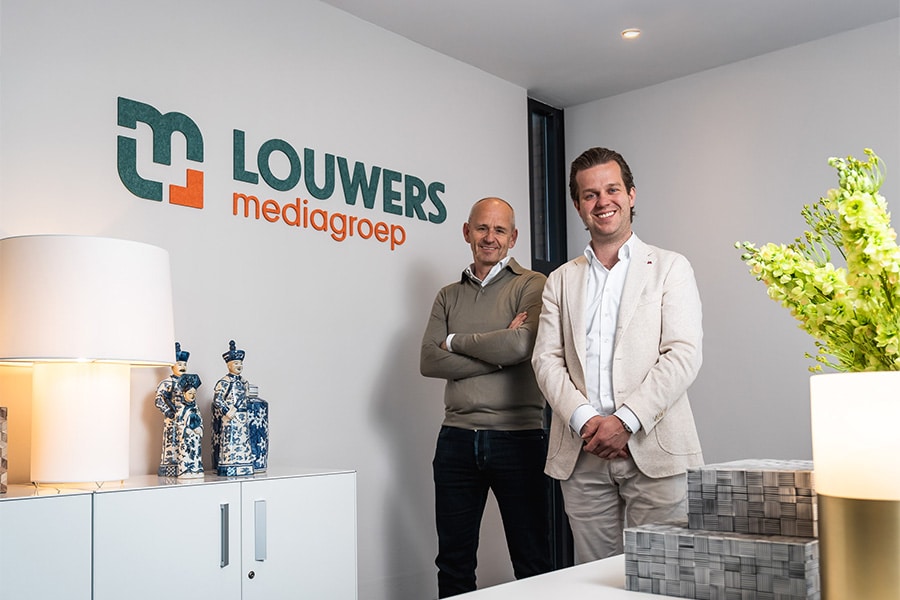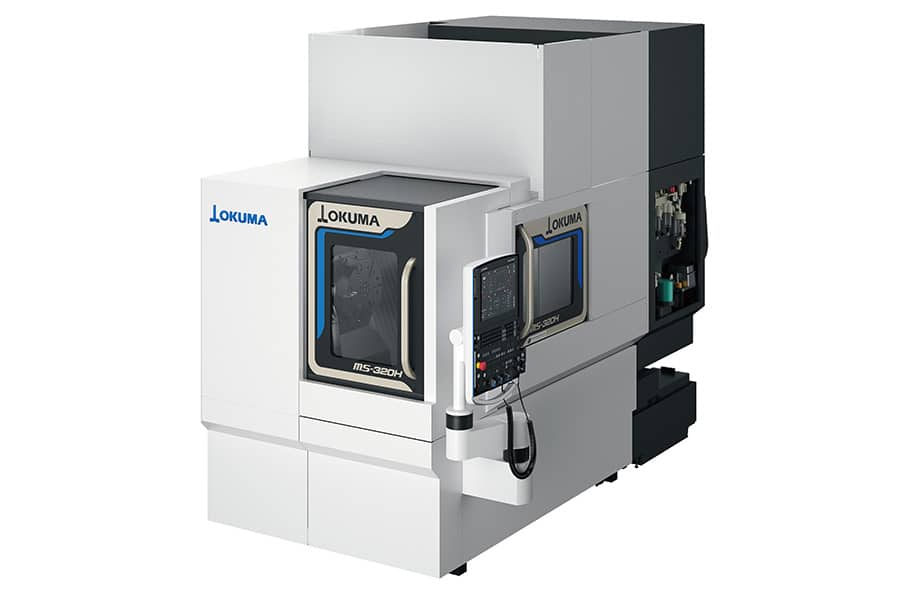
Moving toward a greener future with Futuria Propane
The energy crisis that has been dominating our daily lives since August 2022 prompted many industries to think about alternative options. Both price and supply were suddenly in question, and this double uncertainty led to new ways of thinking, no longer dismissing certain alternatives as irrelevant a priori. Thus, the switch from natural gas to propane became a very hot topic, especially since it opens the door to a renewable, non-fossil fuel economy.
PRIMAGAZ
As a subsidiary of SHV Energy, itself part of the global SHV Group, Primagaz can rely on a very solid international base and, above all, technical know-how that it can monetize with customers. The parent companies distribute no less than 5 million tons of gas in Europe, Asia and Brazil, and are among the largest LPG suppliers in the world.
Primagaz itself is a shared market leader in the Benelux in the distribution and sale of propane solutions for various customer segments. Karel Segers is senior business developer at Primagaz, and explains to us the increased interest in propane as an alternative energy carrier.
Segers: "For most companies, the problem boils down to an outdated profitability model, caused by that natural gas crisis. Classic victims then are especially agricultural and body shops or bakeries that get their thermal needs from natural gas-fed systems. Often they also run a CHP on it."

Medium pressure cabin or propane?
Very often this leads to a choice between switching to propane or installing a medium-pressure cabin for natural gas. The installation of a medium-pressure cabin often amounts to a substantial investment, where it remains minimal for a conversion to propane. Moreover, the choice is determined by other factors, both technical and organizational: is the entire operation being targeted, or is only part of it being converted to propane? Moreover, a conversion to propane is never a flexible, reversible option where, depending on circumstances, one can still make the switch back to natural gas. The main reason here is the "tailor-made" nature of the conversion, in which a number of technical challenges and obstacles must always be parried.
Energy requirements and tank capacity
Segers: "We first check whether the current installation can run on propane by consulting with the supplier or design engineer. If so, we can start calculating. After all, we know the required power and existing natural gas consumption immediately, so we can perform a flow calculation for propane gas fairly easily."
The technical analysis includes the volume of the tanks, in which the evaporation capacity in particular is a decisive criterion. This must be matched to the need, otherwise instability will result and tanks may freeze, for example. If the site does not have enough space for the calculated tank, evaporators can be used.
Segers: "Once the capacity is determined, the licensing aspect comes into play. After all, in some cases you need a class 1 permit, which amounts to an extended process. In many cases, companies making this kind of transition do have an environmental coordinator who has the necessary files and is already familiar with such an implementation. "
Importantly, Primagaz can always fall back on solid technical backup, both from people at the Tessenderlo site and through the many international contacts provided by the global parent company. As soon as a project becomes highly technical towards implementation, an external project manager is provided who attends every site meeting and provides support where needed.

Futuria propane or biopropane
Another overriding factor driving the transition to propane is undoubtedly the push for greening, to which many companies have already linked their livelihoods. In order to supply only sustainable and renewable energy by 2040, the share of renewable energy will be driven up, giving an additional push to the use of renewable fuels such as Futuria Propane (biopropane). The advantage is that existing plants running on conventional propane can also be converted to Futuria Propane without any problems. Chemically, it is ultimately identical fuel.
Primagaz has also long been betting on Futuria Propane, through a close partnership with the Finnish company Neste, which provides its refining at the Port of Rotterdam. The origin of biopropane in this case is a blend of vegetable oils and agricultural waste. Non-fossil renewable fuels will soon become the norm, offering above all the advantage of enhanced autonomy and independence in terms of energy supply. ■



